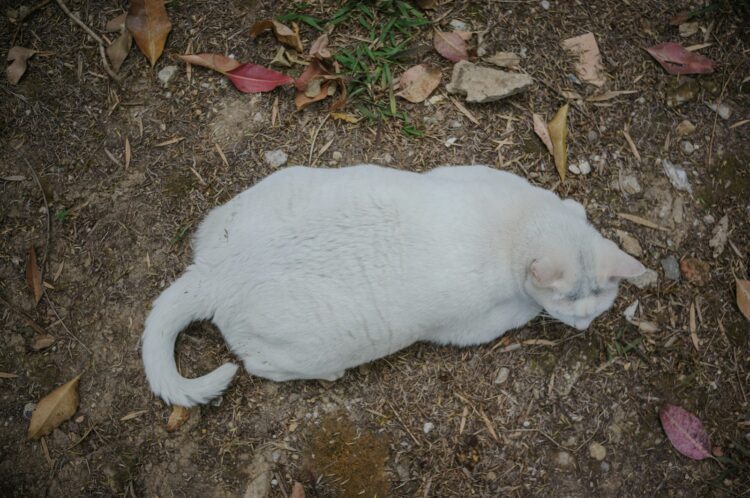
You think you know what love feels like while they’re here—the excitement when they run to greet you, the comfort of their quiet company. It’s only after they’re gone that you realize how much of your life was built around them. The silence they leave behind feels too big at first. Over time, it teaches you how deeply love can root itself, even in the smallest, ordinary moments.
You stop expecting footsteps.
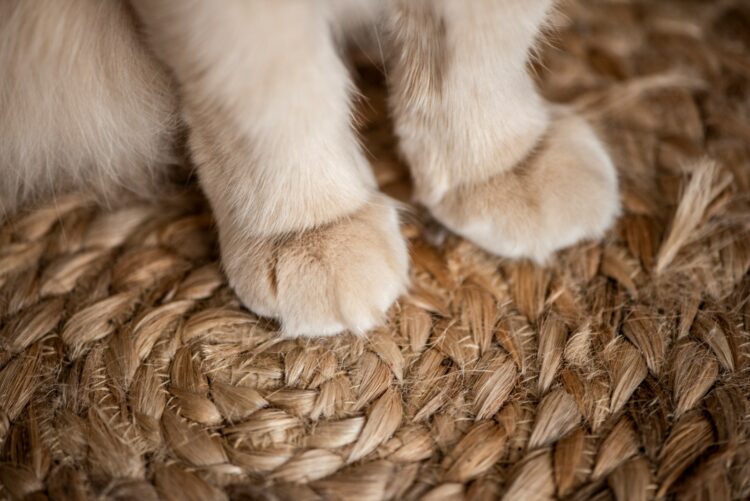
For weeks, your ears have been tricking you. Every small sound feels like them—paws on tile, the shake of a collar, a soft breath from another room. It’s a strange kind of echo that fades too slowly. You still leave space at the foot of your bed without realizing it. Then one morning, you catch yourself listening again, and the silence answers differently. Not heavy anymore—just there.
Ordinary days feel rare.

You used to rush through mornings, half-distracted while filling a bowl or clipping on a leash. Now you’d give anything to repeat one of those plain moments. The routine you once called boring feels sacred in memory. That’s what grief does—it turns habits into keepsakes. You start to see how much of life happens in the quiet parts you never thought to hold onto.
You understand loyalty.
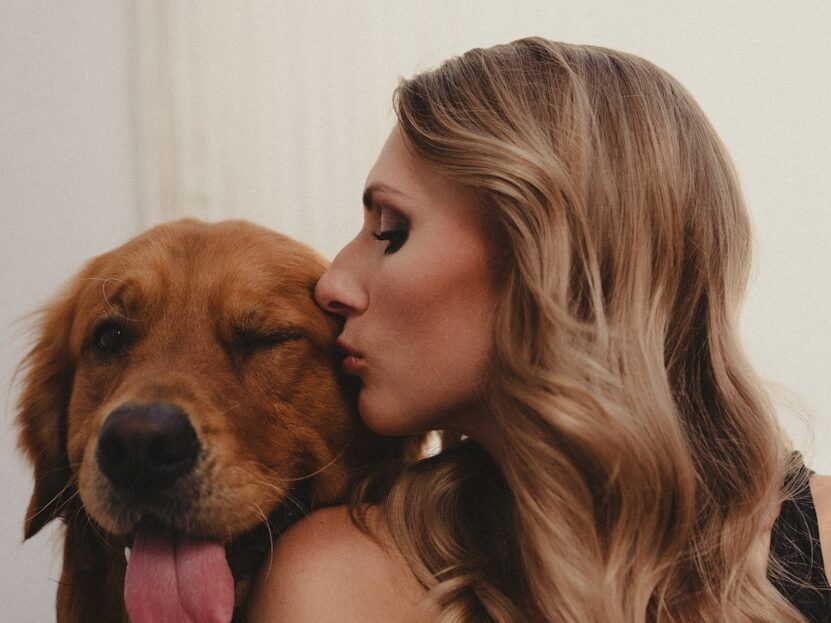
They never cared about your mood, your bad day, or the mess you made. Their love never needed conditions or explanations. When that disappears, you realize how few things in life are that steady. It’s humbling, really. You start treating loyalty differently—with more care, fewer promises. Because you’ve seen what it looks like in its purest form.
You regret not taking more pictures.

You scroll through your phone and realize most photos are of food, friends, trips—everything but them. You remember thinking you’d have time later. There’s always later until there isn’t. You wish you had captured the way they looked when they slept, or how sunlight hit their fur in the afternoon. Now you understand how easily a moment slips into memory.
You talk about them in the present tense.

It catches people off guard. You say, “He hates the rain,” before remembering. The correction stings, so you stop trying to fix it. They feel too close to belong to the past anyway. It’s like they’re still woven into your habits. The food bowl you can’t throw away, the leash you still hang by the door—they keep the grammar wrong on purpose.
You notice other pets differently.
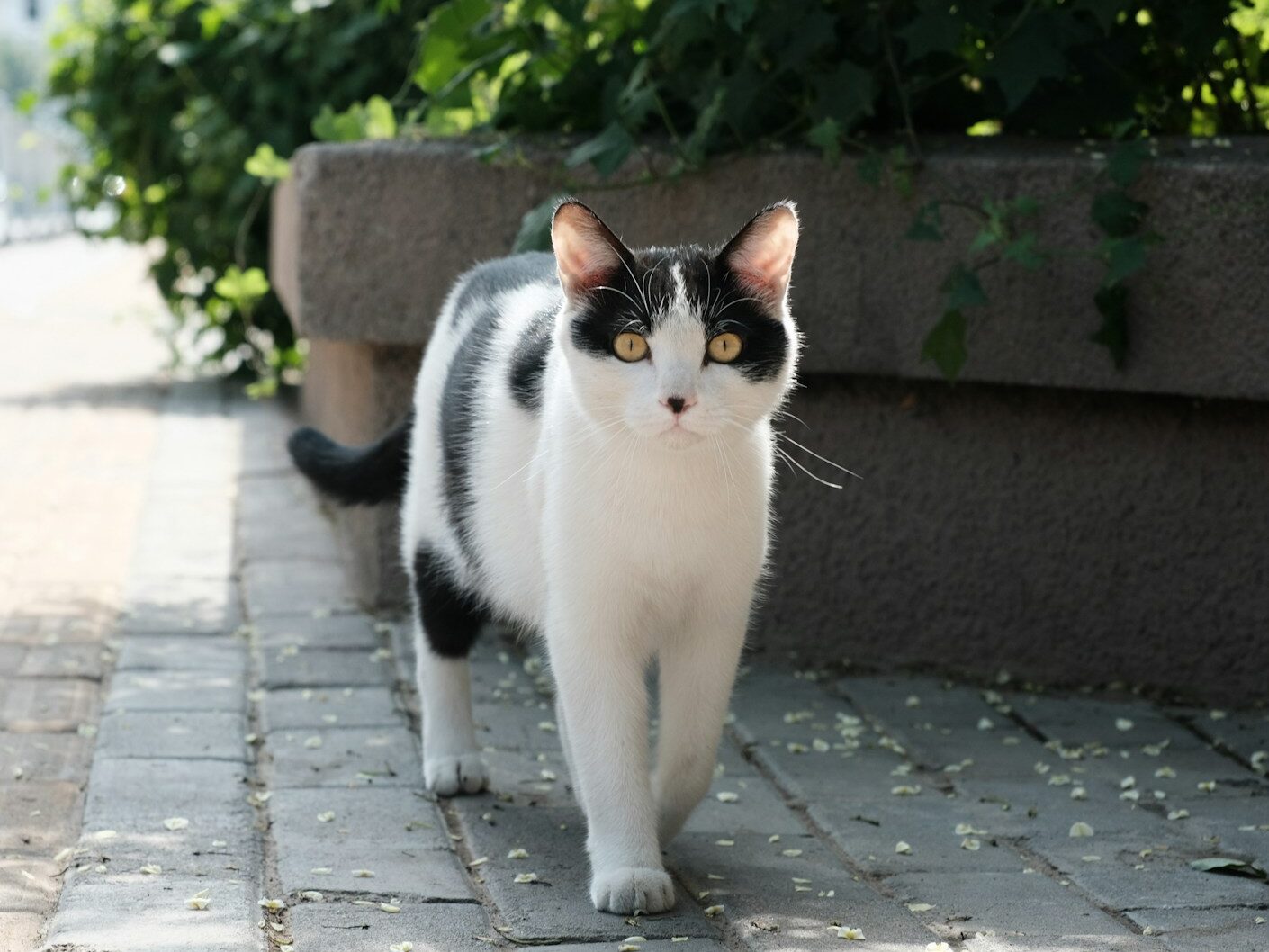
At the park, in someone else’s arms, or across the street—you watch them with new eyes. Every wag or purr feels familiar, almost borrowed. You find yourself kneeling to pet strangers’ dogs, not to replace what you lost but to remember what it felt like. It’s comforting, even when it hurts a little. Love leaves its shape behind, waiting to be recognized.
You realize how much they taught you patience.

All those times you waited by the door, wiped muddy paws, or untangled leashes—it felt routine then. Now you see it was quiet training. They taught you to slow down without saying a word. Grief brings that lesson forward. You stop rushing people, stop snapping at delays. Somehow, they left you gentler than you were before.
You understand time differently.

Before, years felt long. After, you see how short a life can be. You start measuring time in walks, naps, and birthdays instead of months. You look at old photos and realize how quickly a puppy face turns gray. It’s not a sad thought anymore—just a real one. Time feels softer, not endless, but enough if you pay attention while it’s here.
You learn that love doesn’t end.

You keep thinking the feeling will fade, that someday you’ll stop missing them. It doesn’t work like that. The ache becomes part of you, small but constant, like a familiar tune in the background. It’s not haunting—it’s grounding. You understand that love doesn’t disappear when life does. It just moves into a quieter room and waits there.
You feel them in small signs.
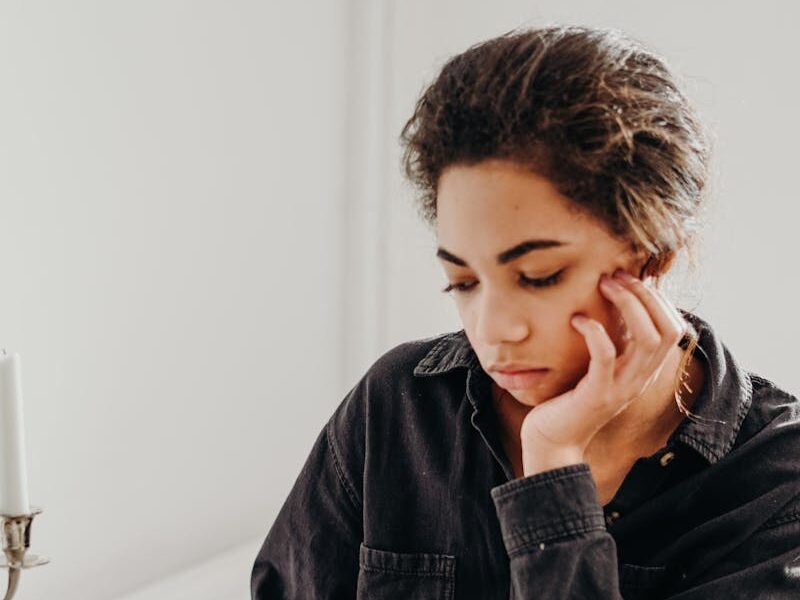
Every now and then, something small happens, like a feather on the path, a flicker of light, a sound that feels too familiar to be chance. You don’t tell anyone, but you know what it means. Grief teaches you its own language, and sometimes it sounds like “I’m still here.” You stop needing proof. It’s not superstition—it’s love finding new ways to speak.
You see grief in others.
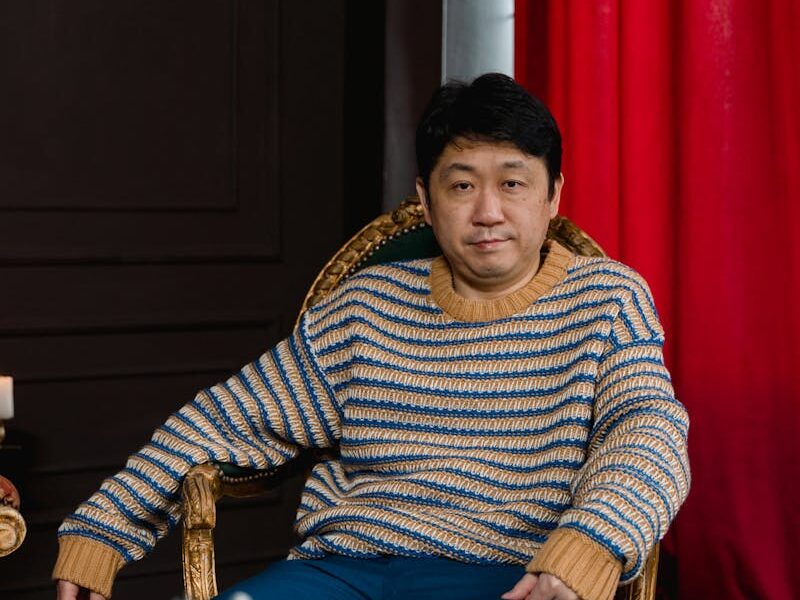
Someone mentions their old cat or shows a worn collar, and you feel it immediately—the same small heartbreak behind their smile. Before, you might’ve said you understood. Now, you truly do. You learn that grief lingers most in the quiet places they used to be, in all the small parts of life that don’t feel the same without them. That recognition becomes its own kind of kindness when you meet someone else who’s been there.
You no longer need people to understand it.

At first, you try to explain it—the lump in your throat, the empty spot on the couch. Most people nod kindly, but they don’t know. Then one day, you stop trying. It’s not bitterness; it’s acceptance. Some bonds are too private to describe. The love between a person and their pet doesn’t ask to be understood—it just changes you quietly.
You forgive yourself slowly.

You replay the last day again and again—what you said, what you didn’t, whether you made the right call. Guilt sneaks in through every memory. Over time, it loosens its grip. You start remembering how much joy you gave each other instead of how it ended. It’s never about perfect choices. It’s about a lifetime of small, good ones that mattered.
You realize joy can return.
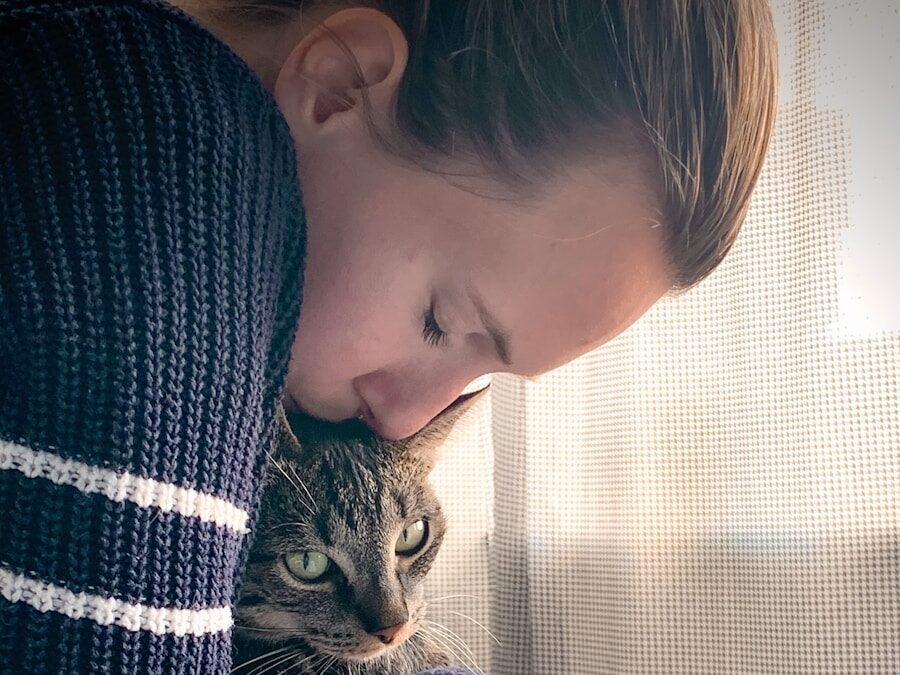
For a while, you feel guilty for laughing or adopting again. It feels like betrayal. Then you remember how much they loved seeing you happy. The heart doesn’t replace. It expands. You find new ways to care, new faces to love, without erasing the old ones. Grief takes on a different shape, and so does joy. One makes room for the other.
You learn to keep them alive in different ways.

Not through tears or guilt, but through small rituals. A framed photo near your desk. Saying their name sometimes and smiling when you pass their favorite spot. You realize remembering isn’t about holding on too tight—it’s about letting them stay in the background of your life, quiet but constant. They don’t leave, not really. They live differently now.

